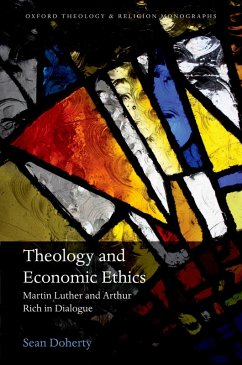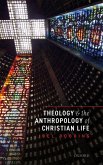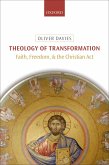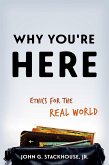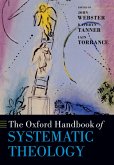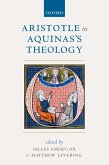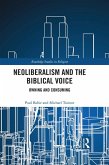In the wake of the economic crisis, few questions are more pressing than those around the ethics of finance and economics. Theology and Economic Ethics seeks to expand the self-critical resources of contemporary theological economic ethics by bringing the method of a pre-modern thinker, Martin Luther (1483-1546), into interaction with that of a modern contribution to social ethics, the Swiss theologian Arthur Rich (1910-92). The work is undertaken through a close engagement with a selected publication of Luther (his 1519/20 Gro?er Sermon von dem Wucher) and of Rich (his masterwork, Wirtschaftsethik, published in two volumes in 1984 and 1990 respectively). It is the first substantial treatment in English of Rich's magnum opus. Sean Doherty introduces Luther's sermon on usury, situates it in its context, then provides a commentary on this work, discussing how Luther brings key theological motifs to bear on a particular economic question. The study proceeds with a sketch of Arthur Rich's life and work, and presents Rich's method as set out in Wirtschaftsethik. Doherty illuminates Rich's understanding of ethics, his approach to Scripture, and his adoption of the thought of Max Weber and John Rawls. Bringing insights from the study of Luther to bear in an analysis of Rich's method, Doherty questions some of Rich's assumptions, and notes ways in which a more self-critical approach could have made his project more successful. Finally, the book makes tentative suggestions as to the wider applicability of these findings for a Christian approach to economic ethics.
Dieser Download kann aus rechtlichen Gründen nur mit Rechnungsadresse in A, B, BG, CY, CZ, D, DK, EW, E, FIN, F, GR, HR, H, IRL, I, LT, L, LR, M, NL, PL, P, R, S, SLO, SK ausgeliefert werden.

